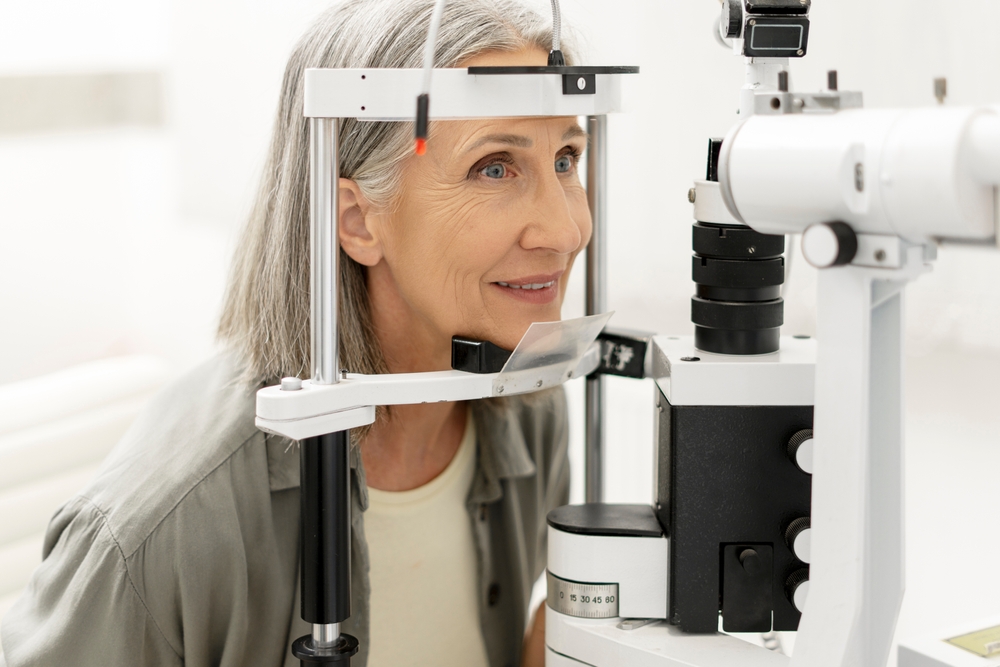
Glaucoma is one of the leading causes of irreversible blindness worldwide, often called the "silent thief of sight" due to its gradual progression and lack of early symptoms. While anyone can develop glaucoma, certain factors can increase your risk—one of the most significant being a family history of the disease.
What is Glaucoma?
Glaucoma is a group of eye conditions that damage the optic nerve, which is essential for transmitting visual information from the eye to the brain. This damage is often caused by elevated pressure within the eye (intraocular pressure), but it can also occur in people with normal eye pressure.
There are different types of glaucoma, including:
Primary Open-Angle Glaucoma (POAG): The most common type, which develops slowly over time.
Angle-Closure Glaucoma: A less common but more acute form that can cause sudden vision loss.
Normal-Tension Glaucoma: Optic nerve damage occurs despite normal intraocular pressure levels.
The Role of Family History in Glaucoma Risk
If someone in your family has been diagnosed with glaucoma, your risk of developing the condition increases significantly. According to studies, individuals with a first-degree relative (parent or sibling) who has glaucoma are up to 10 times more likely to develop the disease compared to those without a family history.
This connection is largely due to genetic factors. Research has identified specific genes that increase susceptibility to glaucoma, though not everyone with these genes will develop the condition. Additionally, shared environmental factors and health conditions, such as diabetes or high blood pressure, can further contribute to familial risk.
Early Detection Is Key
The good news is that early detection and treatment can significantly slow or prevent vision loss caused by glaucoma. Since glaucoma often develops without noticeable symptoms, routine eye exams are essential, especially if you have a family history of the disease.
At Riverdell Vision, we recommend:
Regular Comprehensive Eye Exams: Individuals with a family history of glaucoma should undergo annual eye exams, starting earlier than those without risk factors.
Monitoring Intraocular Pressure (IOP): Regularly checking your IOP can help identify changes early.
Optic Nerve Imaging: Advanced imaging technologies can detect subtle changes in the optic nerve, even before vision is affected.
How Can You Reduce Your Risk?
While you can't change your genetics, you can take steps to protect your vision:
Maintain a healthy lifestyle with a balanced diet and regular exercise.
Manage systemic health conditions like diabetes and high blood pressure.
Protect your eyes from injury, which can increase your risk of secondary glaucoma.
Follow through with prescribed treatments, such as eye drops, if you are diagnosed.
Partner with Riverdell Vision for Proactive Eye Care
Glaucoma is a serious eye condition that can lead to irreversible vision loss if left untreated, and having a family history of the disease significantly increases your risk. However, with regular comprehensive eye exams and proactive management, glaucoma can often be detected early, allowing for effective treatment to preserve your vision.
If you have a family history of glaucoma or other risk factors, reach out to Riverdell Vision to learn more about glaucoma prevention and management. Visit our office in Oradell, New Jersey, or call (201) 268-7566 to schedule a comprehensive eye exam today.



